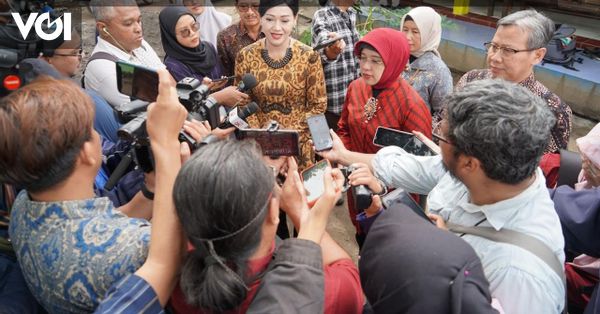Comprehensive Survey to Map Financial Literacy in Indonesia
In a collaborative effort to advance financial literacy and inclusion, the Financial Services Authority (OJK) has partnered with the Central Statistics Agency (BPS) to conduct the 2024 National Literacy and Financial Inclusion Survey (SNLIK) across all Indonesian provinces from January to February 2024. This partnership aims to refine the preparation, data collection, and analysis processes to enhance the accuracy and reliability of the survey outcomes. The results are anticipated to provide a detailed representation of the current state of financial literacy and inclusion across the nation.
Enhancing Financial Education and Inclusion Strategies
Friderica Widyasari Dewi, OJK’s Chief Executive of Consumer Protection, emphasized that the survey measures critical aspects such as knowledge, skills, beliefs, attitudes, and behaviors towards financial services. This initiative reflects OJK’s mandate to educate the public on financial services, aiming to improve understanding and pave the way for future financial education strategies. The survey marks a historical moment as it represents the first collaborative effort between OJK and BPS in this domain, having previously been conducted independently by OJK.
Building a Foundation for Future Financial Policies
The insights gathered from this comprehensive survey are intended to serve as crucial evaluation tools for developing future policies aimed at enhancing financial literacy and inclusion. Amalia Adininggar Widyasanti, acting Head of BPS, highlighted the significance of this collaboration in independently assessing financial literacy in Indonesia, which supports national financial inclusion programs. The survey’s methodology includes face-to-face data collection through the Computer Assisted Personal Interviewing (CAPI) application, ensuring precise and direct feedback from participants across the country’s diverse regions. This initiative is part of a broader effort to achieve Indonesia’s financial inclusion target of 90% by 2024, as outlined in the Presidential Regulation concerning the National Strategy for Inclusive Finance.

